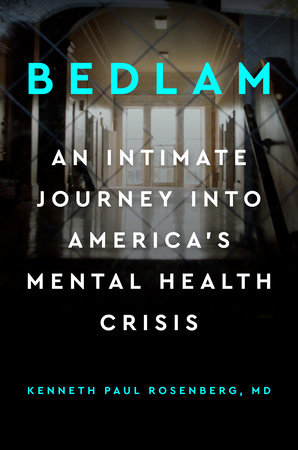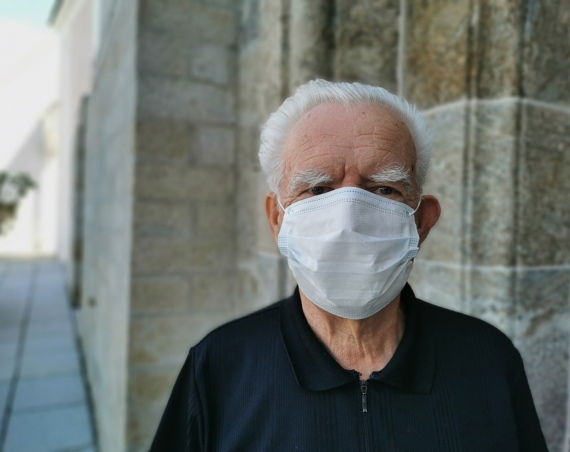“For centuries, we, individuals and families living with serious mental illness, have suffered in silence and shame. We can no longer be ashamed, and we can no longer stay silent.” – Dr. Kenneth Paul Rosenberg
Bedlam: An Intimate Journey into America’s Mental Health Crisis by Dr. Kenneth Paul Rosenberg is a newly published book written by a psychiatrist and documentarian about the mental health-care crisis in the United States. Dr. Rosenberg trained as a psychiatrist in the 1980s, when state hospitals, which had reached peak occupancy in the ‘50s, were starting to be closed at a rapid rate. These closures meant that patients had nowhere to go. Left with no care or guidance, patients ended up on the street or incarcerated. causing them to end up on the streets and in jails.
This newly published book comes at an important time, as one in five adults (40 million Americans) experience mental illness each year, and the largest mental institution is not a hospital, but a jail, Los Angeles County Jail. Those who are not in jail often take refuge in the streets. This is where Rosenberg begins his story.
Rosenberg’s motivation stems from his sister’s own personal story with serious mental illness (SMI). Suffering from schizophrenia, the system failed Merle repeatedly. He intertwines his family’s experience with his professional experiences, those of specific patients, and the various physicians he encounters and works with along the way, most of whom also have their own stories of being impacted by mental illness. He captures the tragedy of serious mental illness as a death sentence. His look into the historical, political, and economic factors that have resulted in this great social crisis provides a diversity of perspectives and angles to look at and address this problem.
Not only does Rosenberg’s research demonstrate today’s mental health crisis, but titling the book “Bedlam” conjures up images of one of the oldest British asylums, Bethlehem Insane Asylum, also known as Bedlam. Within the history of psychiatry, the connotations associated with Bedlam include chaos, disorder, confusion, where the patients are compared to noisy animals rather than real persons. In comparing the current state of mental health care to Bedlam suggests that we have not made much progress within this field to destigmatize mental illness and provide the proper and compassionate care that these patients and families deserve.
As an appendix, Rosenberg compiles a list of helpful tips and information for individuals suffering from a mental illness as well as for parents and loved ones: providing legal advice, practical solutions, guidance with finding community support, and information of therapeutic options. He also details a list of actionable items for advocacy efforts:
- Increasing the number of community mental health care facilities and treatment beds, access for individuals with SMI to decent housing, vocational opportunities, and opportunities for socialization and growth
- Crisis Intervention Training for police and other first responders to promote treatment rather than imprisonment/ punishment
- Prioritize services based on need not money
- Judicial reforms like mental health courts with legal options to leverage treatment before tragedy and diverting people with SMI from jail
- Emphasize role of substance abuse disorders in treatment since they complicate and contribute to SMI
- Include people with mental illness in the dialogue/ conversation about treatment and social reform instead of shutting them down as if they don’t know what is best for them
Bedlam is a rallying cry, detailing alarming statistics and realities motivating any reader to want to act. It is also filled with information with how to progress with care and compassion rather than stigma, prejudice, hostility, indifference, and contempt. On his website, Rosenberg calls on us to “expand and improve scientific research because the best solution would be to have prevention and cure.”
I urge you to read this book (or watch the documentary), feel the emotions, open your eyes to the realities of living with SMI, living with a family member/ loved one experiencing it, and see for yourself the horrors and tragedy of today’s mental health system. We are failing members of our society, leaving them to fend for themselves on the streets, homeless, or take refuge in correctional facilities. Instead we must take action to shed light on this social and humanitarian crisis and call for reform to better care for these individuals.



